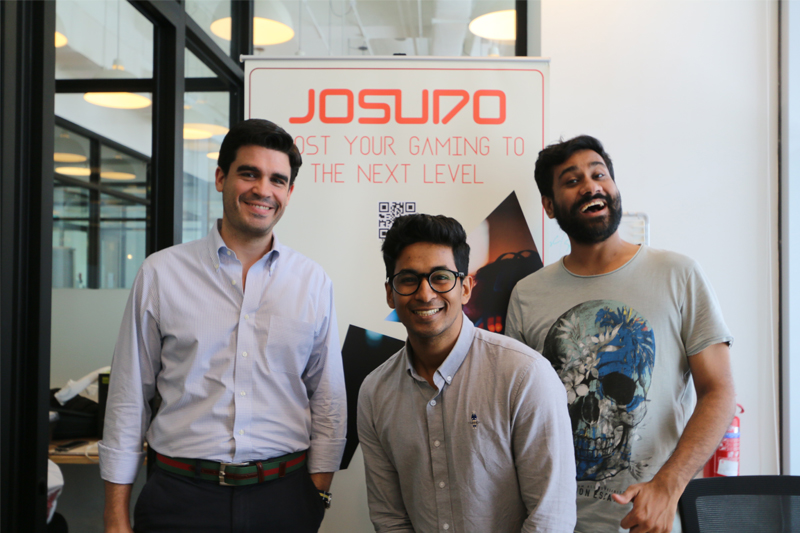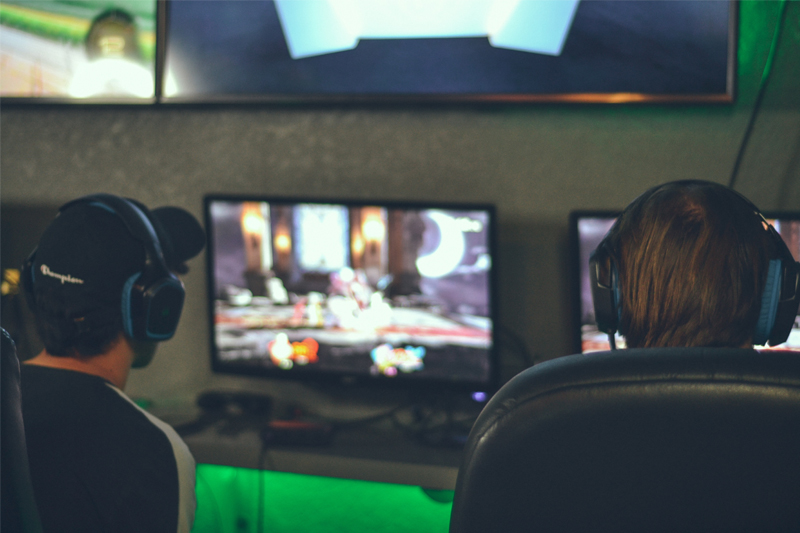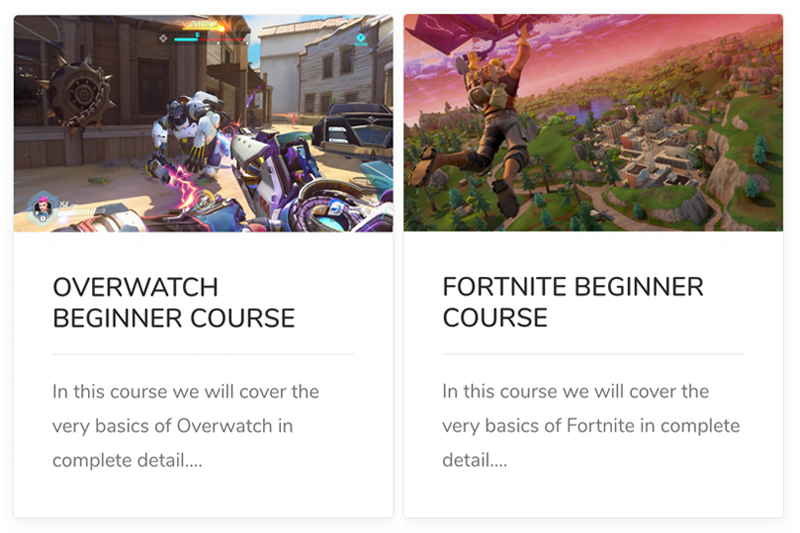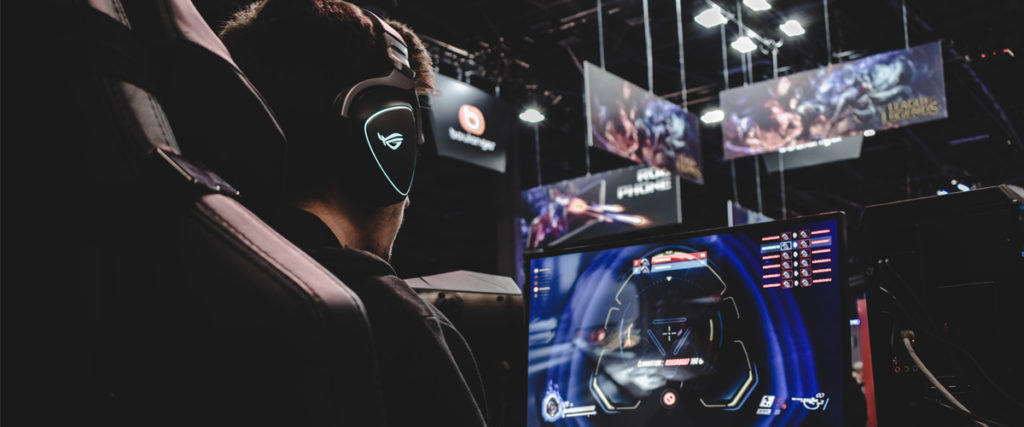E-sports is now a billion-dollar industry and the second-most-watched sport online in the US. Meet the Josudo founders, the online coaches capitalising on an exploding desire for gaming tutoring in a billion-dollar industry – e-sports.
The competitive gaming industry is booming. With over 67% of the American population predicted to play video games in some form or another by 2021, it’s estimated that the viewing figures of competitive esports online will hit 84 million that same year in the US. Taking in individuals and teams competing in games such Fortnite, League of Legends and Dota 2, international competitions have mushroomed around the world, facilitating up to 20,000 offline attendees for a single tournament alone, and there are big prizes at stake: Dota 2’s the International 2018 had a USD 25,532,177 million prize pool, drawing in spectators from around the world to watch the events unfold at the Rogers Arena in Vancouver. It follows that there is an ever-expanding ancillary industry of businesses being founded to support this booming sporting arena. One such venture is Josudo, an online video gaming coaching platform launched in 2018 by Jesus Garbayo, Aman Yadav and Anik Islam. “With e-sports becoming an industry, you need players and coaches, tournament organisers, content creators, marketers, everything. The whole shebang comes with it. You need all kinds of people to support this industry, creating more opportunities for people to make a living from it,” says Jesus. Along with Aman, he talked Hive Life through how they plan to do just that.

Josudo was born out of the idea that proper coaching for online gaming was lacking. “Youtube and Twitch are good for basic stuff, but at the end of the day it’s not really learning content. It’s entertainment,” explains Jesus. But, why would you pay to get better at video games? The answer lies in the types of games people are playing. Whereas Jesus and Aman grew up playing on their Gameboys – single-player devices on which the storyline was key – today, the emphasis is on massive multiplayer games like Fortnite and League of Legends that are, in effect, 21st Century playgrounds. These multiplayer games thrive in the competitive e-sports scene thanks to one underpinning similarity: repetitive, fair and short matches that minimise external factors such as luck and monetary investment and maximise the effects of skilful play. It’s here that Josudo’s tutoring comes in.
“It’s very much a pride thing,” says Jesus. “Nobody wants to lose in the first 10 seconds of a game, especially when it’s a 12-year-old they’re losing to on the other end!” So, for many, the need to improve is real. “There’s this plateau that you reach which is very difficult to surpass for most people,” remarks Aman. “I peaked fast at a certain level, and I was not learning anything new.”

Their business model is simple. Wannabe tutors apply to become coaches on Josudo by submitting their details for review. The process of approval ensures a form of quality control over the coaches, making sure they’re appropriately skilled. Right now, over 50 verified coaches are currently on their books with online fees varying from SGD 5-20 per hour. On the student end, it’s just as simple to register for online coaching sessions, filtering by game, language and time zone. Once they’ve paid for their allotted slot, they contact the coach directly to organise the specifics about where they need help. Often this encompasses aspects of the game’s own mechanics, essentially meaning tips and tricks that only the most veteran players with thousands of hours of experience would know.
For many, the rise in esports is an alarming youth trend, but for the founders of Josudo, they see as much benefit in this type of competitive engagement as there might be on the football field. “To get better at gaming is like anything else in life. It’s encouraging diligence and the whole mantra of having to practice to get really good,” says Jesus. “You have to work together with people, otherwise you just won’t win.” This is something being recognised by universities – some of which, such as the University of Utah, now offer scholarships for gamers. “It’s basically another way of expressing yourself; it can translate into other kinds of aptitude,” says Aman. “Sports have an advantage because they have the physical aspect, but you can argue very easily that gaming better involves the brain.”

For those that reign supreme, an extremely lucrative career awaits. “You have real celebrities that are emerging out of this,” notes Jesus. Livestreamers and video makers who have built up a following are pioneering part of this new industry, while professional players are idolised for their skills and humble origin stories. The biggest livestreamer going by the username ‘Ninja’ has upwards of 14 million followers, reaping in close to USD 10 million in 2018, while professional players such as Kuroky have earned over USD 4 million in prize pool money alone. Given that, it’s no wonder people are keen to improve – and Josudo is poised to help them.





